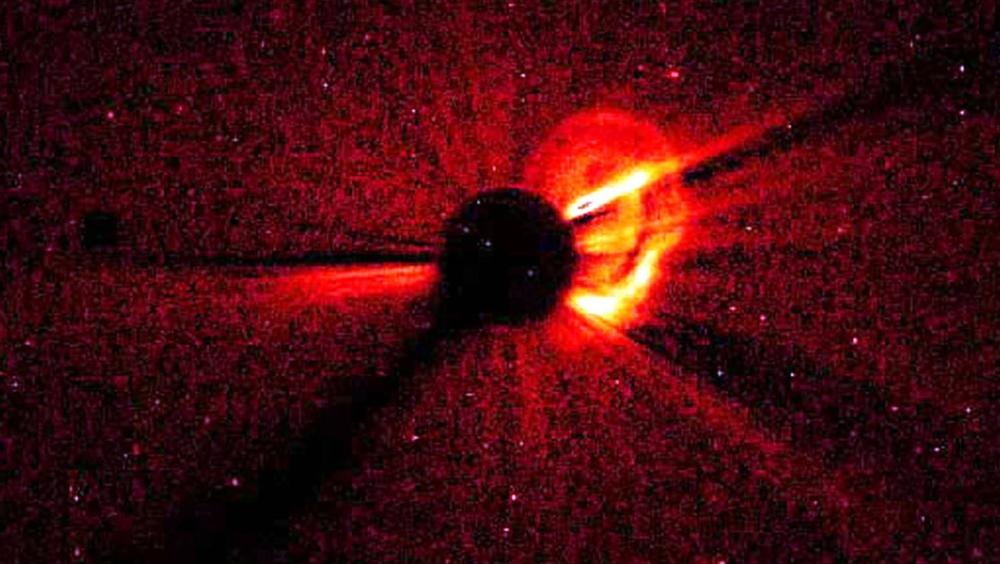Nobody can say for sure. Hundreds of years ago, atoms were thought to be the smallest particles in the universe. But since then, scientists like Indu invented tools such as particle detectors, accelerators, and colliders that can study them in great detail. Thanks to these tools, they have discovered a whole set of elementary particles, which are the smallest particles we know about today.
Quarks and gluons are two such elementary particles that combine to form protons and neutrons. These, along with electrons, make up atoms. Atoms constitute most of the matter that we know about—from trees and stones to animals and birds. But Indu was amazed to learn that there is a whole set of particles that exist but are not part of atoms at all. One such elementary particle is the neutrino, Indu’s absolute favourite! Neutrinos are everywhere. They whiz across the universe—from the sun and from elsewhere in outer space. Many of them reach us here on earth too. So, how common are they?
Tell you what. Snap your fingers right now. Done? In the amount of time it took you to do this, billions of neutrinos have passed through your thumb! Neutrinos may be tiny, but they are very important because our universe is full of them. Knowing the mass of a neutrino will help Indu understand the rate at which the universe is expanding.










Comments are closed.